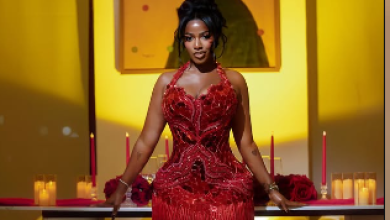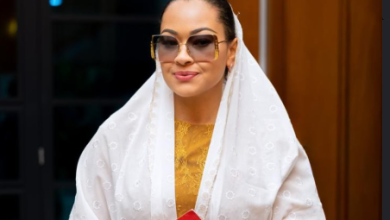
|
Getting your Trinity Audio player ready...
|
Marriage has yet again been the source of many controversial takes on Nigerian social media. Amidst the heated exchange presumably from ‘traditional patriarchs’ and ‘liberal feminists’ on either side of the argument, this article stands as a refresher, a course pointer to what remains an unchanging fact: marriage is a marker of social status. It is simply the state of being married, no more, no less, and whatever value is ascribed to it is not inherent nor prescriptive.
It may have been mandatory for women to get married in the past, but that is hardly the case in our modern world, and so, an unmarried woman, ostensibly, is closer to self-autonomy in matters of relationship than a married woman. However, the individuality of a woman still reigns supreme.
There may be research attesting to the benefits of singleness or anecdotes reinforcing the social gains of marriage, but these, by and large, are dynamic. In defending or criticising opinions that have been shared on this subject, we must take care not to define any woman through the mere state of attachment to a man or otherwise. The presence or relativity of a man (a romantic interest) does not determine the personhood of any woman.
A relationship, or lack thereof, is no determinant of a woman’s worth as much as the quality of her life and the activities she filled it with.
Marriage also merely isn’t an achievement, but a good one can be, and there is no shame in singleness. The criticism an average Nigerian marriage gets, on the other hand, isn’t unwarranted, and the reason is to highlight their yed-unfair arrangement in the hope that women would negotiate better for themselves should they choose to be coupled. This, expectedly, gets the outrage of most people who’ve come to associate marriage with laden assumptions, preconceived notions and societal expectations whenever feminists or feminist-leaning women voice standards contrary to these beliefs.
The last viral marital topic (arguably) was on the change of name for women, and many anti-feminists curiously took the position of ‘choice’, insisting that that was the purpose of feminism, and women deciding to take on the surnames of their husbands was within their prerogative and should not be questioned. Fast forward to today, and feminist women rejecting some implied standards of marital life are met with scorn and accusations of unreasonableness, broke-shaming, and laziness. It would seem as if only choices made in alignment with conservative roles for women get this stamp of cherry-picked approval. A woman choosing to keep her name is as unrealistic as her choosing not to fit into the ‘long-suffering’ wife prototype because it doesn’t cater to men’s needs.
To achieve an equal society for women and girls, where they are respected in their persons, it is important that we change our ideas concerning marriage as this is one source of assumed identity for women, and it is largely consequential to their lives.
While marriage should ideally be characterised by mutual love, respect, cooperation and understanding, this should not automatically translate to one of dominance and subordination, and the absence of a leader/submissive dynamic in a marriage does not imply the presence of strife, ego and destructive personal habits.
It is for this reason that women have a choice that the noncompliance of any woman to the social contracts surrounding marriage should not be met with scorn. Women choosing to be with partners who do not test their ‘wife materiality’, their ‘long suffering’ nature, and who do not diminish their academic and financial worth to feel ‘like a leader’ in a marriage is a valid and respectable choice.






